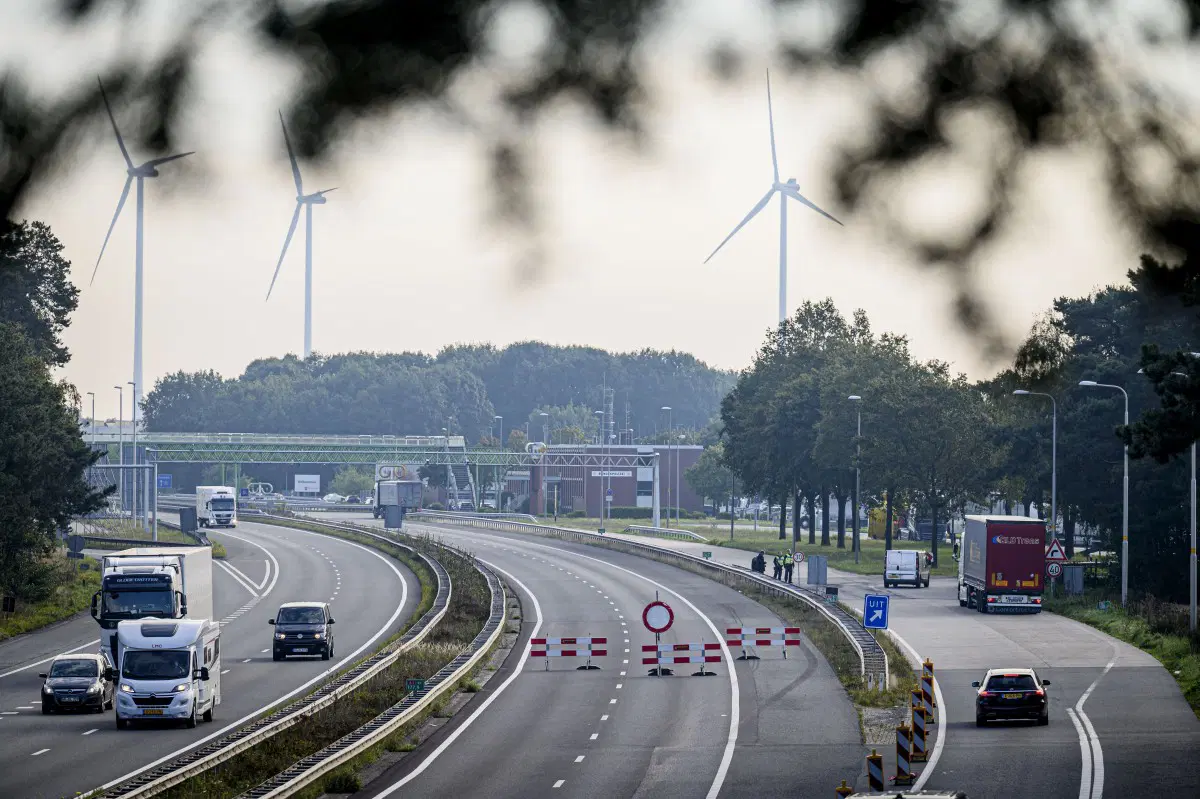Germany has expanded border controls to its nine neighboring countries in an effort to reduce irregular migration. This move, which began on Monday, involves federal police conducting spot checks at road and highway crossings, including examining passenger cars, buses, and their trunks.
This measure comes in the wake of several deadly extremist attacks that have increased public fears and bolstered support for the far-right Alternative for Germany (AfD) party. The expanded controls affect borders with France, Luxembourg, the Netherlands, Belgium, and Denmark, in addition to those previously monitored with Poland, the Czech Republic, Austria, and Switzerland.
German Interior Minister Nancy Faeser stated that the controls aim to curb irregular migration, address criminal activities, and identify potential extremists early. The measure is set to last an initial six months and has drawn criticism from countries such as Poland and Austria.
The new controls have slowed traffic, but some travelers, like Elle Rendigs, 70, expressed support, hoping that the increased policing will enhance security. Meanwhile, a small group of protesters on the Polish border called for open borders, highlighting opposition to the expanded controls.

